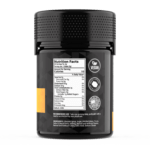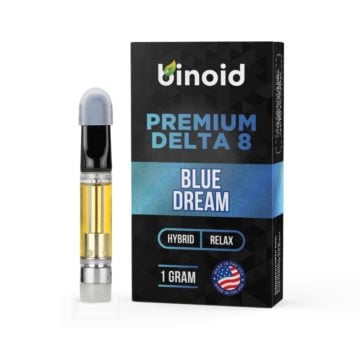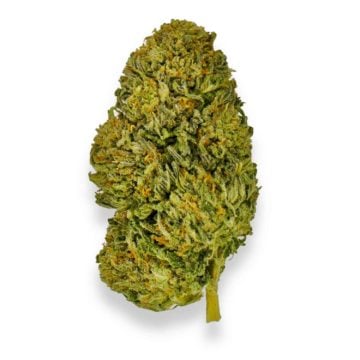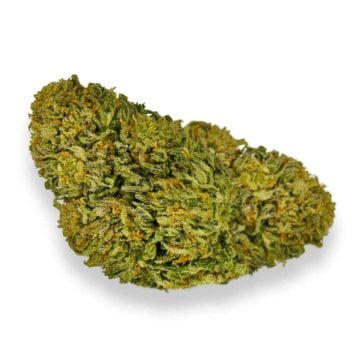
Is Medical-Only Weed Legal in North Dakota
- Understanding Medical Marijuana Laws in North Dakota
- Qualifying Medical Conditions
- Patient Registration and Certification
- Possession and Purchase Limits
- Authorized Forms of Medical Marijuana
- Cultivation and Home-Growing
- Licensed Dispensaries
- Caregiver Roles and Regulations
- Reciprocity
- Possession and Use Restrictions
- Legal Protections for Medical Marijuana Patients
- Future Outlook
- Conclusion
In this article, we will explore the legal status of medical-only weed in North Dakota. We’ll delve into the specifics of the state’s medical marijuana laws, discussing the conditions for legal use, possession, cultivation, and distribution of medical cannabis.
This post is intended as information and for general knowledge only. It is not a substitute for medical advice, diagnosis, or treatment. It is recommended that you talk to a healthcare professional about this before introducing cannabinoids into your daily routine (especially if you have been diagnosed with any medical conditions or are under any medication). It is not recommended to drive or operate any machinery when using cannabis- or hemp-derived products. Use responsibly!
Understanding Medical Marijuana Laws in North Dakota
North Dakota, like several other states in the United States, has embraced a nuanced approach to marijuana legalization. While recreational marijuana remains prohibited, the state has taken steps to accommodate individuals with medical conditions that could benefit from cannabis treatment. The journey toward medical marijuana legalization in North Dakota has its roots in historical context. The state has gradually moved toward a more compassionate stance on medical cannabis use, recognizing the potential benefits it can provide to individuals suffering from various health issues.
It’s important to draw a clear distinction between medical and recreational cannabis. Medical cannabis laws, governed by the North Dakota Century Code, have been crafted to provide a legal framework for those who require cannabis for medical purposes due to a qualifying medical condition. This stands in contrast to the broader category of recreational use, which remains illegal.
Qualifying Medical Conditions
To be eligible for the state’s medical cannabis program, individuals must have a qualifying medical condition. The North Dakota Department of Health maintains a list of these conditions, which have been determined through a combination of medical research, expert opinions, and public input. Specific medical conditions that fall within this framework include chronic pain, cancer, epilepsy, and multiple sclerosis, among others. This list is subject to expansion as new conditions are evaluated and added through a rigorous process that involves medical professionals, government agencies, and public review.
Patient Registration and Certification
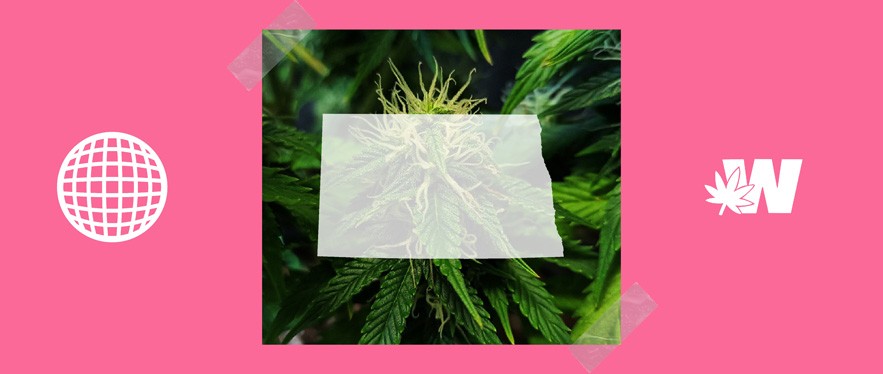
For those seeking to benefit from medical marijuana, a series of steps are involved. Prospective patients must register online with the North Dakota Department of Health, providing the necessary documentation to prove their eligibility. Upon approval, patients are issued medical marijuana cards, which serve as legal authorization for medical marijuana use. These cards are issued within specific timelines.
To obtain a medical marijuana card, individuals must also receive a certification from a licensed healthcare provider. These providers are authorized to assess the patient’s medical condition and evaluate whether medical cannabis could be beneficial. This process involves a medical evaluation and the documentation of the patient’s condition.
Possession and Purchase Limits
North Dakota law specifies the maximum amount of medical marijuana that a patient or caregiver can possess. The possession limits vary depending on the form of medical cannabis. Patients can possess usable marijuana, oils, tinctures, and other authorized forms in quantities within these limits. Caregivers, who play a crucial role in assisting patients with medical marijuana use, are also subject to possession limits.
Purchasing limits and frequency are also regulated. Patients can purchase medical cannabis within a designated timeframe, and dispensaries are required to maintain accurate records of these purchases to ensure compliance.
Authorized Forms of Medical Marijuana
Patients in North Dakota have access to various forms of medical cannabis to suit their preferences and needs. These include traditional flower, oils, tinctures, and even edibles. Patients, in consultation with their healthcare providers, can choose the form that best addresses their medical condition and personal preferences. However, certain forms might come with specific regulations to ensure responsible use and dosing.
Cultivation and Home-Growing
The question of home cultivation for medical marijuana patients is often a subject of interest. In North Dakota, patients are not allowed to grow their own cannabis plants. The state’s laws do not permit home cultivation, and all medical cannabis must be obtained through licensed dispensaries.
Licensed Dispensaries
Licensed dispensaries play a pivotal role in the distribution of medical cannabis to eligible patients. These dispensaries are part of a regulated supply chain, ensuring that patients receive safe and high-quality products. North Dakota has a network of dispensaries spread across different regions to enhance accessibility for patients across the state. These dispensaries are subject to licensing, compliance, and quality standards to maintain the integrity of the medical cannabis program.
Caregiver Roles and Regulations
Caregivers have an essential role in supporting medical marijuana patients who may require assistance due to their medical condition. Designated caregivers are responsible for helping patients obtain and use their medical cannabis. Caregivers are subject to background checks and must adhere to specific regulations. Additionally, caregivers are limited in the number of patients they can assist to ensure that the program is not exploited.
Reciprocity
North Dakota acknowledges the concept of reciprocity in relation to medical marijuana cards from other states. Out-of-state patients with valid medical marijuana cards might be permitted to possess and use medical cannabis in North Dakota, provided certain conditions are met. However, reciprocity can come with limitations and regulations that visiting patients need to be aware of to remain compliant with state law.
Possession and Use Restrictions
When it comes to the consumption of medical marijuana, there are specific regulations in place to ensure responsible use. Patients are generally prohibited from consuming medical cannabis in public places, and designated consumption areas may be established. Consumption within private residences is generally allowed, but patients should be mindful of any local regulations that might apply.
Medical marijuana patients in North Dakota are granted certain legal protections to prevent discrimination. These protections extend to employment and housing rights. Employers are generally prohibited from discriminating against employees based on their medical marijuana use, and patients are entitled to reasonable accommodations. Housing rights are similarly protected, ensuring that medical cannabis use does not result in housing discrimination.
Future Outlook
The landscape of cannabis laws is dynamic, and North Dakota’s approach to medical marijuana could evolve over time. Discussions about expanding access to recreational cannabis might be ongoing, influenced by public sentiment and political considerations. The state’s medical cannabis program might also see refinements or expansions based on new research and changing medical perspectives.
Conclusion
By the end of this article, you will have gained a comprehensive understanding of the legal framework surrounding medical-only weed in North Dakota. Remember that the landscape of cannabis laws can evolve, so staying informed about any updates is crucial for both patients and caregivers.

